A Landlords guide to HMOs
(Houses in multiple occupation)
What is HMO? HMO definition and meaning
A property is likely to be an HMO if its tenants are three or more people living in more than one household, and the tenants share a toilet, bathroom, or kitchen facilities.
For the purposes of HMOs, a household is considered to be a single person, or members of the same family living in the same property. So, for example, three unrelated people in three rooms would make up three households, while a property with two couples would make up two households.
HMOs can take many forms. They’re often a shared property where the tenants aren’t related to each other, or a house split into several rooms. Shared student accommodation may also be HMOs, along with hostels. For a property to be considered an HMO, rent must be paid, and it must be the occupants’ main residence.
There is a separate category of property known as a large HMO. A property is a large HMO if it’s at least three storeys high, with at least five tenants forming more than one household, and the tenants share toilet, bathroom, or kitchen facilities.
What extra responsibilities do HMO landlords have?
Regardless of the type of property, you must fulfill all the normal landlords’ legal responsibilities.
However, landlords of HMOs have a number of additional legal responsibilities. They must:
- maintain and repair communal areas and facilities
- install proper fire safety equipment, including mains-powered smoke alarms and a heat detector in kitchens
- ensure that an annual gas safety check is carried out
- ensure that the property is not overcrowded
- provide cooking and washing facilities suitable for however many tenants are in the property
- hold an up-to-date legionella risk assessment
- provide enough waste bins for the number of tenants in the property
- check the electrical systems at least once every five years
- complete a fire risk assessment. You should contact your council to make sure that this is conducted properly
- ensure that there are accessible escape routes and that they are kept clear
It’s important to note that these obligations are legally binding whatever the contents of the tenancy agreement.
Do I need an HMO licence?
All large HMOs must be licenced. So, if your property is three storeys or more, is let to five or more unrelated tenants, and has shared tenant facilities, you must apply for an HMO licence.
However, some councils require that all HMOs are licensed. Licenses will specify the maximum number of people that can occupy the property.
You should also remember that some councils require all landlords to be registered, regardless of whether or not their properties are HMOs. If you’re in doubt, check with your local council before proceeding.
How do I apply for an HMO licence?
You should apply for an HMO licence through your local council. Individual councils will set the terms of the licence. You can apply yourself, or you can ask your managing agent to do it on your behalf.
The landlord must inform a number of different parties when applying for a licence, and you must also pass on the details of these people to the council. They are:
- the freeholder of the property, if there is one, or any other owners of the property
- tenants who have more than three years left on their existing tenancy
- the lender, if you have a mortgage
You can find out where to apply for your HMO licence here.
How much does an HMO licence cost?
The cost of an HMO licence is set by individual councils. It is normally charged as a fee for applying, and will be non-refundable regardless of whether or not the licence is granted.
HMO licences normally last for a period of five years, but will not last longer than this. At least once during that period, the council is obliged to inspect the property to make sure that it does not have any health and safety hazards.
What are the penalties for not having an HMO licence?
If you are the landlord of an HMO which should be licensed but is not, you are committing a criminal offence and could be fined up to £20,000. In addition, you could be ordered to repay up to 12 months’ rent or, if the tenants are in receipt of housing benefit, you could be ordered to repay 12 months’ housing benefit to the council.
If you break the terms of your licence, you could be fined up to £5,000. If you break the terms by renting to more tenants than are allowed for in the licence, you could be fined up to £20,000.
In addition, it’s important to understand that if your HMO is not properly licensed, you may not be able to evict tenants. In the case of an assured shorthold tenancy, a section 21 notice will not be valid if an HMO is not licensed when it should be.
Contact Us:
If you have any questions regarding all aspects of HMOs please do not hesitate to contact us:
01252 854423
info@eastwoodsproperty.com
or fill in our form below…
Follow links below for further resources:
A Complete Introduction to Fire Safety in HMOs
Client Money Protection (CMP) scheme

